Former Rivers State Governor, Rotimi Amaechi, has dismissed claims that opposition figures held secret meetings with American officials to influence the outcome of the 2015 elections. He said the only engagement they had was a single meeting where U.S. officials appealed for a peaceful, violence-free election.
Speaking at the National Conference of Editors in Abuja, the former minister stressed that, contrary to speculation, no discussions were held about pushing the Americans to ensure the defeat of former President Goodluck Jonathan’s administration.
“There have been talks about some clandestine meetings in America. No, there was no meeting in America like that,” Amaechi said. “There was just one meeting, and the Americans simply said they didn’t want violence in the election.”
He also took a swipe at the current state of journalism, arguing that journalists in the democratic era have become less confrontational compared to their counterparts under military rule. According to him, personal interests and ethnic sentiments have weakened the media’s watchdog role.
“I asked my friends, are these not the same people who fought with us during the military era? What changed?” he queried. “The difference now is that the ‘pot’ is bigger. Under the military, the pot was small and only a few enjoyed it. Today, journalists don’t want to offend their brothers or those from their ethnic group.”
Amaechi stressed that Nigerians often judge leadership through ethnic lenses, claiming citizens tolerate poor governance if the leader comes from their region. He urged Nigerians to be willing to vote out underperforming governments through democratic means.
On insecurity, he blamed poverty and the lack of economic opportunities for driving many into crime.
“If you deny citizens a legitimate means of livelihood, they will create an illegitimate one,” he said. “The reason the country is like this is because ordinary people have been denied the right to survive.”
In another development, former presidential aide Fred Onoh cautioned Islamic cleric Sheikh Ahmad Gumi over his public defence of violent groups. Onoh alleged that Gumi’s statements fit the profile of “radical sympathisers” and urged the U.S. and its allies to consider placing him on a terror watch list.
He called on President Bola Tinubu to investigate Gumi’s network, warning that voices that promote ethnic or religious divisions threaten national security and undermine the administration’s Renewed Hope agenda.
“Our sovereignty is under assault not only from armed criminals but from those who use religion and propaganda to defend them,” Onoh said.


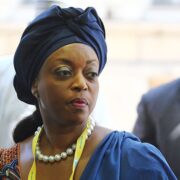
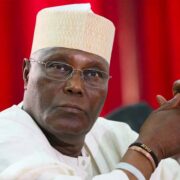

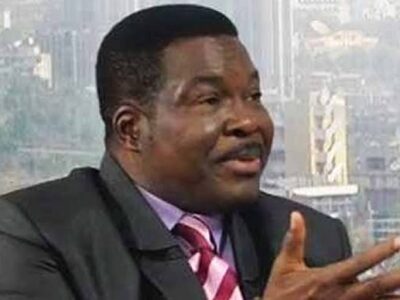
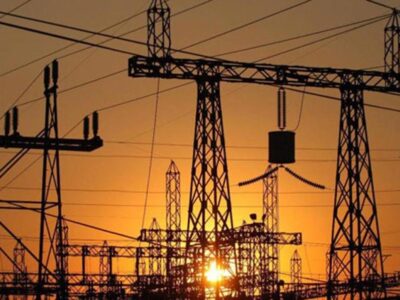
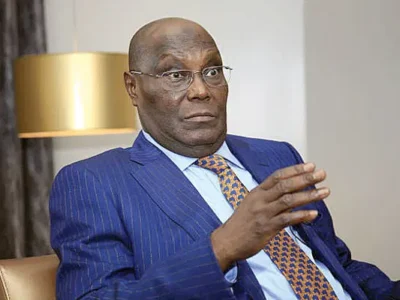
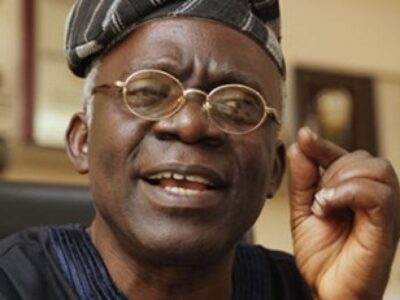









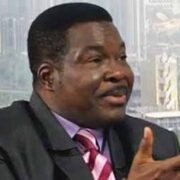
Comments